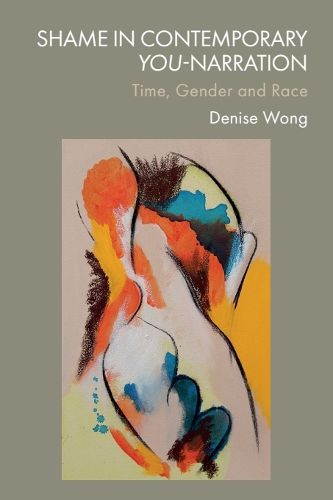Readings Newsletter
Become a Readings Member to make your shopping experience even easier.
Sign in or sign up for free!
You’re not far away from qualifying for FREE standard shipping within Australia
You’ve qualified for FREE standard shipping within Australia
The cart is loading…






In fiction, you-narratives written in the last decade across the world parody the form of second-person address found in advertising, self-help and 'how-to' books while anticipating shame and culpability. To establish the significance of affect, this book returns to second-person narrative theory's neglected origins in the theory of autobiography. This book examines the use of you across media: novels and memoirs by Paul Auster, Carmen Maria Machado, Alejandro Zambra, Vendela Vida, Christine Angot, Clarice Lispector, Charles Yu, and Caleb Azumah Nelson; poems by Claudia Rankine and Phoebe Waller-Bridge's play and television series Fleabag (201619). These texts are brought into dialogue with narratology, philosophy, literary criticism and critical race theory to illustrate how the second-person pronoun's capacity to address the real-world reader inevitably renders such narratives a site for political and ethical contestation.
$9.00 standard shipping within Australia
FREE standard shipping within Australia for orders over $100.00
Express & International shipping calculated at checkout
In fiction, you-narratives written in the last decade across the world parody the form of second-person address found in advertising, self-help and 'how-to' books while anticipating shame and culpability. To establish the significance of affect, this book returns to second-person narrative theory's neglected origins in the theory of autobiography. This book examines the use of you across media: novels and memoirs by Paul Auster, Carmen Maria Machado, Alejandro Zambra, Vendela Vida, Christine Angot, Clarice Lispector, Charles Yu, and Caleb Azumah Nelson; poems by Claudia Rankine and Phoebe Waller-Bridge's play and television series Fleabag (201619). These texts are brought into dialogue with narratology, philosophy, literary criticism and critical race theory to illustrate how the second-person pronoun's capacity to address the real-world reader inevitably renders such narratives a site for political and ethical contestation.